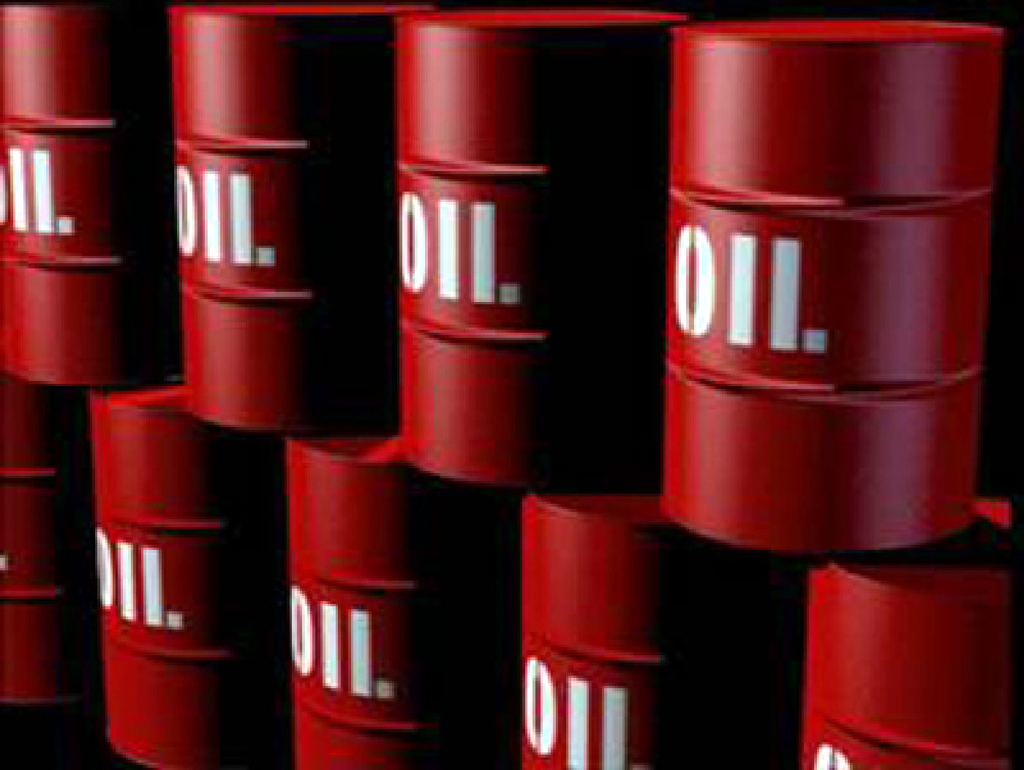 LONDON: Consumption concerns have kept oil prices under pressure since the middle of April, even as threats to production and seaborne exports multiply.
LONDON: Consumption concerns have kept oil prices under pressure since the middle of April, even as threats to production and seaborne exports multiply.
US sanctions have slashed exports from Venezuela and Iran, Libya's production is threatened by renewed fighting, and tensions between Iran and the United States have ratcheted up.
But the consumption outlook is deteriorating, with global trade hit by the United States and China dispute and growth prospects in major emerging markets from Brazil to India and Turkey are downgraded.
Global manufacturing production is decelerating, new export orders are falling, air freight volumes are declining, and container throughput is down, the most recent monthly indicators for March and April show.
Policymakers insist the economy is in robust health, but financial markets are pricing in a quarter-point cut in US interest rates before the end of the year, anticipating the Fed will take out insurance against a deeper slowdown.
Problems are especially acute in emerging markets, where the MSCI emerging markets equity index is down 9pc compared with the same period last year.
The decline in the MSCI emerging markets index is an improvement on the 17pc drop at the end of December, but still the worst since the 2015/16 commodity slump.
Major emerging markets, which have provided much of the growth in oil consumption in the last two decades, are beset by economic problems:
Brazil has downgraded its growth forecasts and the economy may have shrunk in the first quarter ("Brazil government, central bank, nod to rapidly deteriorating GDP, fiscal position", Reuters, May 14).
Argentina's inflation rate is accelerating, and the IMF predicts the economy will shrink this year ("How Argentina crept to the threshold of crisis again", Reuters, May 1).
Turkey's economy is forecast to contract amid rising tensions with the United States ("Turkish finance minister hopes damage to economy from currency crisis will be short-lived", Reuters, May 12).
India's economy is also losing momentum with an expectation the country's central bank will have to cut interest rates ("Next government seen relying on RBI rate cuts to spur growth", Reuters, May 15).
China's economy is being battered by higher tariffs imposed by the United States as part of the bilateral dispute between the two countries ("China's retail sales growth slumps to 16-year low", Reuters, May 15).
Iran's economy is shrinking, Saudi Arabia's growth is predicted to decelerate, and the United Arab Emirates will continue to grow slowly, according to the IMF ("World Economic Outlook", April 9).
Compounding the problem, oil prices are still high in many formerly fast-growing emerging economies because of the strong dollar compared to their own currencies, which is also weighing on demand.
As a result, fuel consumption is growing more slowly or in some cases falling in some key markets, the latest national statistics show.
Brazil's gasoline sales have been falling steadily for 18 months but the decline accelerated sharply in March, while diesel sales, which had been growing, also dropped unexpectedly.
India's gasoline consumption was up by almost 8pc between February and April compared with the same period a year earlier, but that was a sharp slowdown from 11pc growth at this point in 2018.
India's total consumption of petroleum products is now rising at an annual rate of around 3pc, down from more than 6% in August 2018.
Against the backdrop of a struggling global economy, oil consumption is likely to increase more slowly this year than in 2018, or 2017, and prices will struggle to rise.
If oil prices do spike higher as a result of further production disruptions, the increased burden on already weakened emerging economies will cause consumption growth to slow even more sharply.

















Comments
Comments are closed.